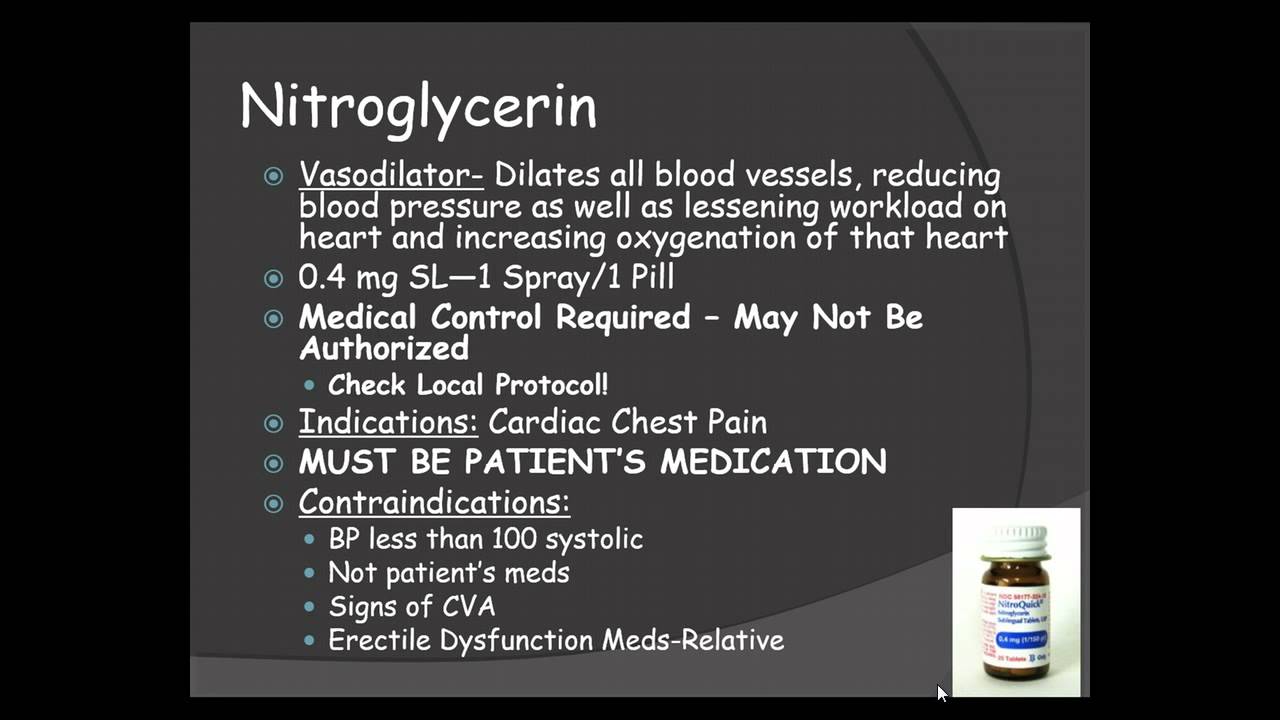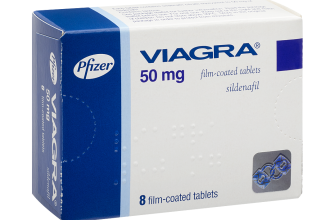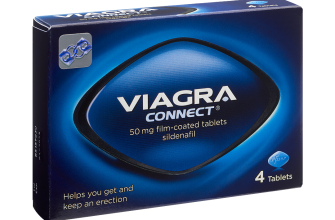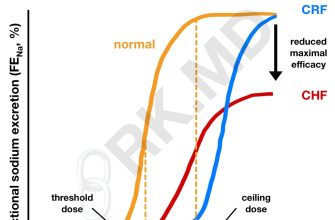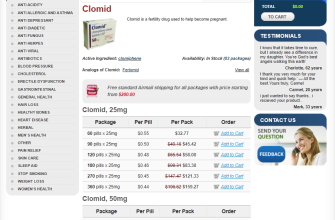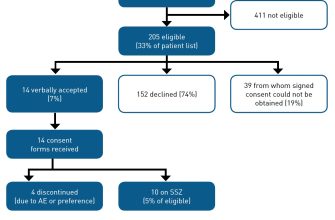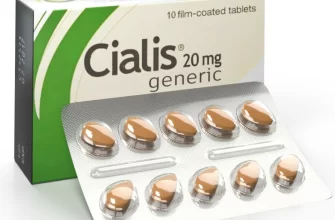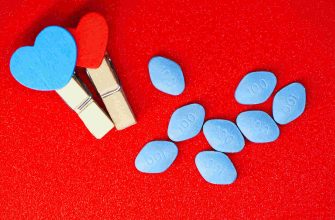Nitroglycerin is an effective treatment for angina and heart-related issues, but it is crucial to understand its contraindications. Patients with severe hypotension should avoid using this medication, as it can further lower blood pressure, leading to serious complications. If you are experiencing low blood pressure or are on medications that cause hypotension, consult your healthcare provider before using nitroglycerin.
Additionally, those who are taking phosphodiesterase inhibitors, such as sildenafil or tadalafil, must refrain from using nitroglycerin. The combination can result in a dangerous drop in blood pressure. Always inform your doctor about all medications you are currently taking to avoid harmful interactions.
Individuals with a history of hypersensitivity to nitroglycerin or other nitrates should not use this drug. Symptoms of an allergic reaction may include difficulty breathing or swelling of the face, lips, or throat. If these occur, seek medical attention immediately.
Lastly, nitroglycerin is not recommended for patients with specific medical conditions, such as severe anemia or increased intracranial pressure, including head trauma and hemorrhagic stroke. Understanding these contraindications ensures safer use and maximizes the benefits of treatment. Always discuss your medical history and current health status with your healthcare provider to make informed decisions.
- Contraindications for Nitroglycerin
- Understanding Nitroglycerin and Its Uses
- Dosage and Administration
- Contraindications
- Common Contraindications for Nitroglycerin
- Severe Anemia and Increased Intracranial Pressure
- Concurrent Use with Certain Medications
- Cardiovascular Conditions Excluding Nitroglycerin Use
- Drug Interactions with Nitroglycerin
- 1. Phosphodiesterase Inhibitors
- 2. Antihypertensive Medications
- Risks in Special Populations and Conditions
- Older Adults
- Patients with Specific Cardiovascular Conditions
- Assessing Allergies and Sensitivities
- Common Allergic Reactions
- Testing for Sensitivity
- Guidelines for Safe Nitroglycerin Administration
Contraindications for Nitroglycerin
Nitroglycerin should not be used in certain situations to ensure safety and avoid complications.
- Severe Anemia: Patients with significant anemia may experience worsened oxygen delivery to tissues when using nitroglycerin.
- Hypotension: Administering nitroglycerin can exacerbate low blood pressure, leading to serious health risks.
- Intracranial Pressure: Avoid use in patients with elevated intracranial pressure, as it may increase the risk of hemorrhage.
- Cardiac Tamponade: Patients with cardiac tamponade should not receive nitroglycerin, as it can compromise hemodynamics.
- Use of PDE5 Inhibitors: Concurrent use with phosphodiesterase type 5 inhibitors (e.g., sildenafil, tadalafil) can result in life-threatening hypotension.
These contraindications require careful consideration before administering nitroglycerin. Always assess a patient’s medical history and current medications for safe treatment planning.
Understanding Nitroglycerin and Its Uses
Nitroglycerin serves as a medication primarily for angina pectoris. It acts as a vasodilator, relaxing blood vessels to improve blood flow and alleviate chest pain. Patients experiencing acute angina attacks often benefit from sublingual nitroglycerin tablets or sprays, which provide rapid relief. Additionally, nitroglycerin patches and ointments serve to manage chronic angina by maintaining a steady dose of medication over time.
Healthcare providers prescribe nitroglycerin for heart failure and to manage symptoms following a heart attack. It helps reduce the heart’s workload and improve cardiac output. For patients with coronary artery disease, nitroglycerin can enhance quality of life by decreasing episodes of chest pain. Understanding the correct use and dosage of nitroglycerin is crucial for maximizing its benefits.
Dosage and Administration
Dosage varies based on individual circumstances. It is essential to follow the healthcare provider’s instructions and not exceed recommended doses. Sublingual tablets are typically taken at the onset of an angina attack, allowing rapid absorption. For those using patches, consistent application is key to maintaining therapeutic effects. Monitoring for side effects, such as headaches and dizziness, ensures safe use.
Contraindications
Certain conditions warrant caution when using nitroglycerin. Patients with severe hypotension, recent head trauma, or use of phosphodiesterase-5 inhibitors for erectile dysfunction should avoid this medication due to the risk of significant blood pressure drops. Always communicate with healthcare professionals about existing medical conditions and medications to identify potential interactions.
Common Contraindications for Nitroglycerin
Nitroglycerin should not be used in patients who are allergic to nitrates or nitrites. This can lead to severe allergic reactions. Individuals with hypovolemia must avoid nitroglycerin, as it can exacerbate low blood volume and lead to further complications.
Severe Anemia and Increased Intracranial Pressure
Those with severe anemia should steer clear of nitroglycerin due to the risk of worsening oxygen delivery to tissues. Patients with increased intracranial pressure should also avoid this medication, as it may contribute to elevated intracranial pressure and worsen their condition.
Concurrent Use with Certain Medications
Nitroglycerin cannot be taken alongside phosphodiesterase-5 inhibitors such as sildenafil (Viagra), tadalafil (Cialis), or vardenafil (Levitra). The combination can lead to significant hypotension. Caution is also advised for those on antihypertensive medications, as the additive effects may cause dangerously low blood pressure.
Cardiovascular Conditions Excluding Nitroglycerin Use
Nitroglycerin should not be used in patients with hypertrophic obstructive cardiomyopathy (HOCM) due to the risk of exacerbating left ventricular outflow obstruction. Additionally, those with severe aortic stenosis may experience critical drops in systemic blood pressure when exposed to this medication, leading to serious complications.
Patients with right ventricular infarction also require caution. Nitroglycerin can lower venous return and exacerbate hypotension. The risk of severe complications increases in individuals who have suffered inferior wall myocardial infarctions.
Severe hypotension presents another contraindication. Patients with systolic blood pressure lower than 90 mmHg should avoid nitroglycerin, as its vasodilatory effects may lead to further drops in blood pressure, increasing the risk of syncope and shock.
Concurrent use with phosphodiesterase-5 inhibitors (e.g., sildenafil) is strictly avoided. This combination can cause profound hypotension and pose life-threatening risks.
In cases of increased intracranial pressure or known cerebral hemorrhage, nitroglycerin is contraindicated due to its potential to raise cerebral blood flow, worsening the patient’s condition. Caution is warranted in those with severe head trauma for similar reasons.
Patients with known hypersensitivity to nitroglycerin or other nitrates should also refrain from using this medication. Allergic reactions can lead to anaphylaxis, which is a medical emergency.
Always consult a healthcare provider for personalized advice, especially in complex cardiovascular conditions, ensuring treatment aligns with individual health statuses.
Drug Interactions with Nitroglycerin
Nitroglycerin interacts with several medications, which can either enhance its effects or increase the risk of adverse reactions. Patients should always disclose their medication lists to healthcare providers to manage these interactions effectively.
1. Phosphodiesterase Inhibitors
Avoid using nitroglycerin with phosphodiesterase inhibitors such as sildenafil (Viagra), tadalafil (Cialis), and vardenafil (Levitra). This combination can lead to significant hypotension, which can be dangerous. A minimum gap of 24 to 48 hours is typically recommended between the use of these medications and nitroglycerin.
2. Antihypertensive Medications
Drugs that lower blood pressure, including beta-blockers, ACE inhibitors, and diuretics, can enhance the hypotensive effects of nitroglycerin. Monitor blood pressure closely when combining these treatments. Adjustments in dosages may be necessary to maintain a safe blood pressure level.
Always consult a healthcare provider before starting or stopping any medication that may interact with nitroglycerin. This ensures optimal safety and effectiveness in managing cardiovascular conditions.
Risks in Special Populations and Conditions
Nitroglycerin use may pose significant risks for specific populations. Awareness of these risks can guide safer administration and enhance patient outcomes.
Older Adults
- Increased sensitivity to vasodilators elevates the likelihood of adverse effects, such as hypotension and dizziness.
- Concurrent medications often lead to drug interactions, necessitating careful monitoring.
- Lower renal and hepatic function in older adults may influence nitroglycerin metabolism and require dosage adjustments.
Patients with Specific Cardiovascular Conditions
- Individuals with severe aortic stenosis may experience exaggerated responses to nitroglycerin, resulting in inadequate cerebral perfusion.
- Heart failure patients should exercise caution, as excessive vasodilation can worsen pulmonary congestion.
- Post-myocardial infarction patients may encounter serious hemodynamic instability when using nitroglycerin without proper supervision.
Recognizing these risks and modifying treatment approaches for vulnerable populations underpin the safe administration of nitroglycerin.
Assessing Allergies and Sensitivities
Before administering nitroglycerin, evaluating potential allergies and sensitivities is crucial. Begin by reviewing the patient’s medical history for any documented allergic reactions to nitrates. Ask directly about previous experiences with nitroglycerin or related medications and any symptoms they experienced, such as rash, itching, or respiratory issues.
Common Allergic Reactions
Common allergic reactions to nitroglycerin may include skin irritation, swelling, or difficulty breathing. If a patient reports any of these symptoms, consider alternative treatment options. Always inquire about other medications the patient may be taking, as interactions could heighten sensitivity. Be alert to personal and family histories of allergies to ensure safe administration.
Testing for Sensitivity
If uncertainty persists regarding a patient’s sensitivity, patch testing could provide valuable insights. This testing helps identify skin responses to nitroglycerin and related compounds. Consultation with an allergist may also prove beneficial, particularly for patients with a history of complex allergies. Together, these steps will help ensure the safe and effective use of nitroglycerin.
Guidelines for Safe Nitroglycerin Administration
Administer nitroglycerin with caution, particularly in patients with certain contraindications. Ensure you are aware of these before proceeding.
Check the patient’s blood pressure before administration. If systolic pressure is below 90 mmHg or if there is a significant drop from baseline, refrain from giving nitroglycerin.
| Condition | Action |
|---|---|
| Severe Anemia | Avoid nitroglycerin due to increased risk of hypotension. |
| Increased Intracranial Pressure | Do not administer as it may worsen the condition. |
| Severe Hypotension | Withhold nitroglycerin. |
| Glaucoma | Use with caution; consider potential effects. |
Monitor the patient closely for signs of side effects such as headaches, dizziness, or excessive hypotension. Provide supportive care as needed.
Educate patients on the proper use of nitroglycerin, including sublingual administration techniques and the importance of timing doses for angina relief. Advise them to seek medical help if symptoms persist despite medication use.
Store nitroglycerin in a cool, dry place, away from sunlight, and check expiration dates regularly to ensure potency.

